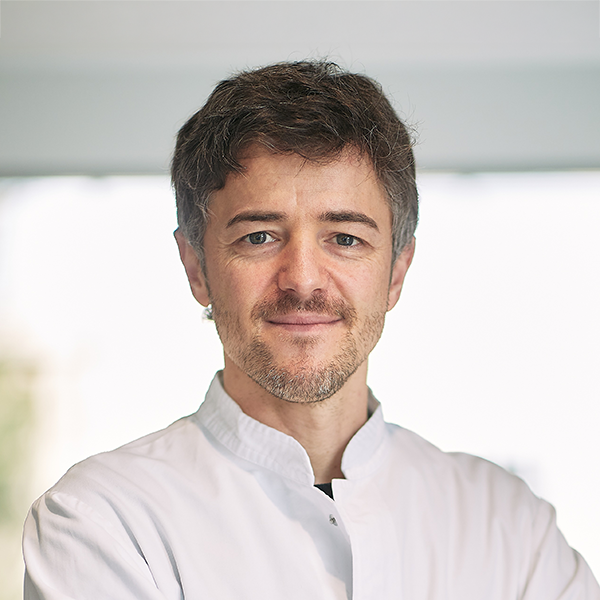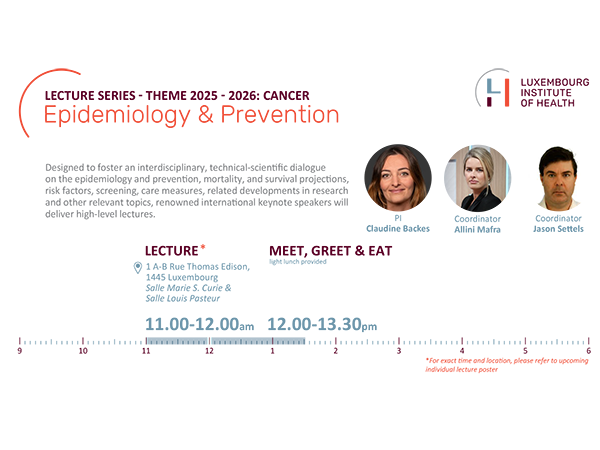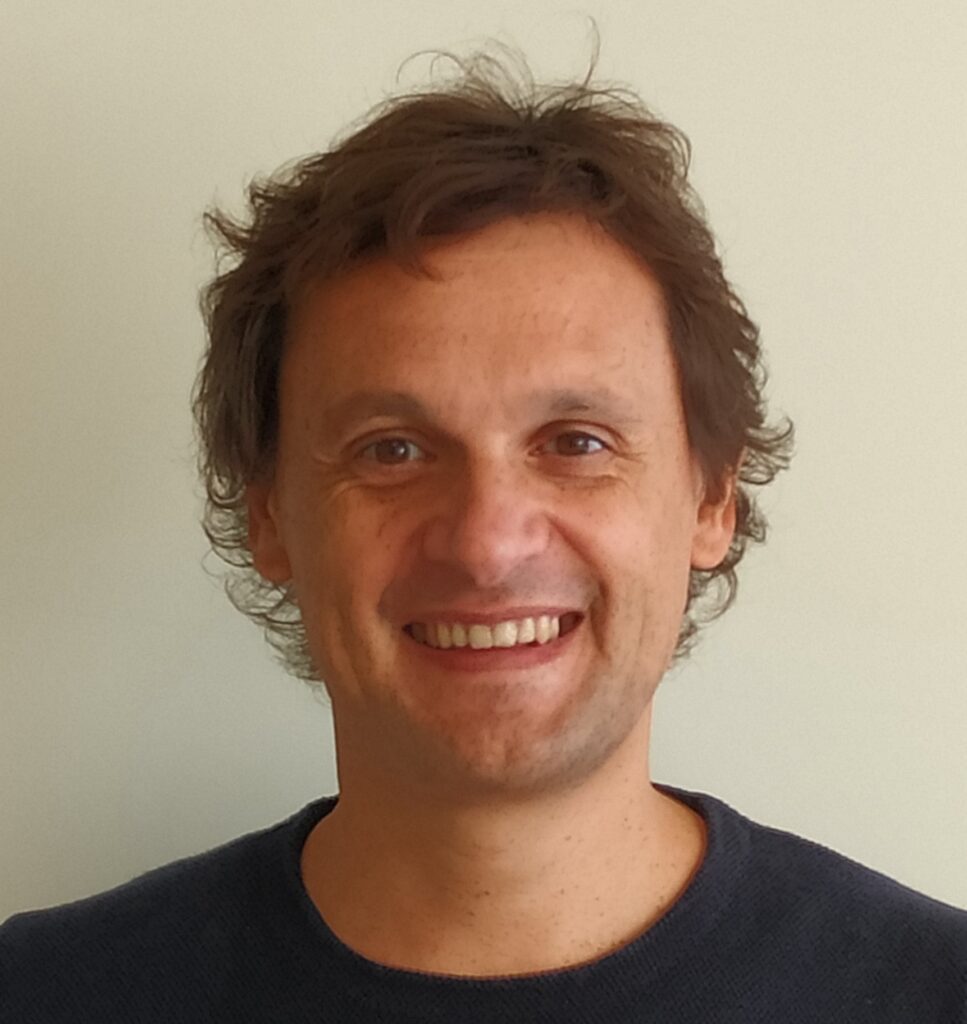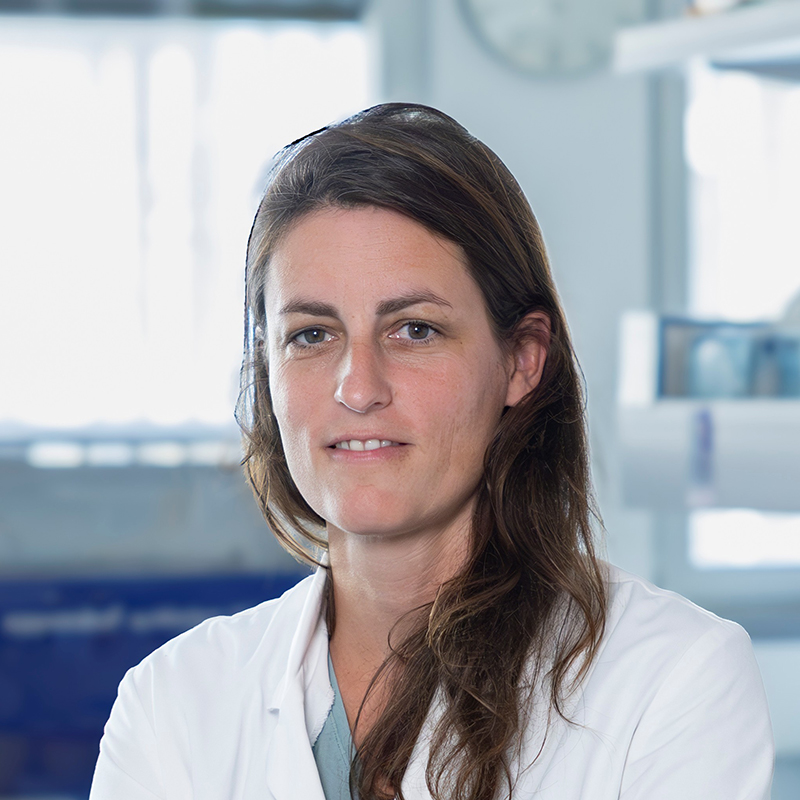🇬🇧 Harnessing tumor immune cell interactions to treat cancer
Chimeric antigen receptor (CAR) T cells have demonstrated remarkable clinical success in patients with hematological malignancies. However, their efficacy in solid tumors remains limited due to multiple barriers including tumor heterogeneity and an immunosuppressive microenvironment that prevents CAR T cell infiltration and function.
To overcome these obstacles, we are developing combinatorial treatment strategies that account for both tumor-intrinsic features and the complexity of the tumor microenvironment. A common consequence of standard cancer therapies – including chemotherapy, targeted therapy, and radiotherapy – is the induction of cellular senescence in tumor cells. Senescent cells are defined by a stable cell cycle arrest and the senescence-associated secretory phenotype (SASP), a secretory program that actively reshapes the surrounding microenvironment.
Our approach aims to exploit the distinct characteristics of both senescent and non-senescent tumor cells to enhance CAR T cell trafficking, function, and durability in solid tumors. In parallel, we use advanced screening and gene-editing technologies to identify single nucleotide variants (SNVs) that promote sustained CAR T cell activity within the challenging solid tumor environment.
Ultimately, we envision this work enabling the development of new therapeutic strategies for solid tumors, while expanding fundamental insights into T cell biology and their role in immune surveillance of diverse tumor cell populations.
Speaker

Leibold
Junior professor for functional Immunogenomics at the Cluster of Excellence (EXC2180) Image-Guided and Functionally Instructed Tumor Therapies (iFIT) and senior Physician at the Department of Internal Medicine
University of Tübingen
Host
Nehrbass
CEO, Luxembourg Institute of Health
WHERE & WHEN
BAM – Mc Clintock room A & B
6A, rue Nicolas-Ernest Barblé,
L-1210 Luxembourg
09:00am – 10:15am + Q&A
REGISTRATION
Please register by sending an email to: florence.henry@lih.lu
DATA PRIVACY
Read more about the “Data Protection Notice: processing of personal data in the scope of events’ management”.







